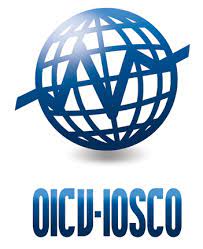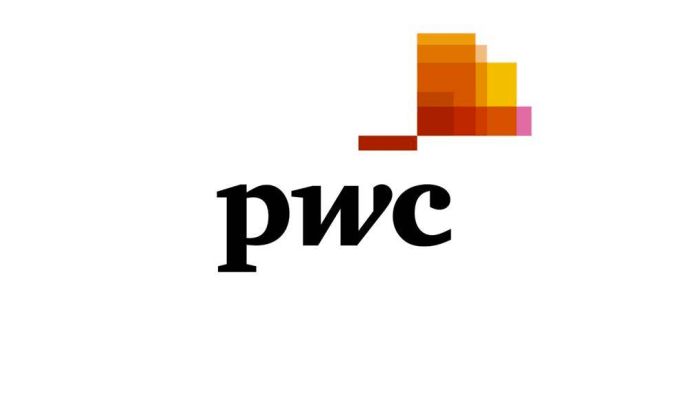A lack of consensus on ESG has seen a vast array of products launched over the past two years to cater for the vast discrepancy in views of what sustainable investing should be. Reflecting on the most important climate policy meeting of the year, investors now wait to see if progress has been made on ESG policy fragmentation, or whether COP26 just casts another coin down the wishing well.While criticised by some for not moving the needle enough towards the 1.5°C target set by the Paris Agreement six years ago, the recent summit and the resulting Glasgow Climate Pact did include some notable developments.
Some 140 countries responsible for 90% of global emissions have now committed to net-zero targets, while over 100 countries home to 85% of the world’s forest cover have agreed to “halt and reverse” deforestation by 2030.More than 40 countries also pledged to move away from coal. Though, a change in wording from “phase out” to “phase down” prompted mixed reactions from those who view the move as piecemeal and vague.In ESG and climate ETF terms, these shifts, and others including all new vehicles being net-zero by 2040 and renewed climate aid pledges, create potential new metrics that equity and bond issuers (corporate and sovereign) can be assessed against.However, the most direct impact on ESG will likely come from the IFRS Foundation’s announcement on 3 November that it will work alongside the International Organisation of Securities Commissions (IOSCO) to create the International Sustainability Standards Board (ISSB).
The new body, spread across Frankfurt, London, Montreal and San Francisco, will commence its work in 2022 and look to deliver a “comprehensive global baseline of sustainability-related disclosure standards,” the IFRS Foundation said.Detlef Glow, head of Lipper EMEA Research at Refintiv, said this represents an “important step” as there is currently no common understanding of sustainable investments or corporate disclosures.“The difference that sets this apart from other ESG standards efforts is that it is truly global,” Glow said.
“The EU’s taxonomy is impacting the fund industry but many issuers do not know where to get data from because even though EU companies have to abide by the taxonomy, companies in the US do not have care. Having a global standard aligns all corporate reporting. “The EU taxonomy might not be overhauled but might choose to adopt some of the ISSB standards and vice versa.”Glow added the IFRS Foundation are well-positioned to introduce a global standard for ESG, given their previous work in bringing in the IFRS financial reporting standards, which now see companies reporting separately in compliance with national regulators and globally, in line with IFRS.As can be expected, such ambitious disclosure efforts will not be without challenges. For instance, even in the Europe-specific Sustainable Finance Disclosure Regulation (SFDR), non-profit group EFAMA found large disparities in the regulation’s implementation between EU member states.While SFDR Article 8 funds claimed 92% of UCITS product market share in Sweden by the end of Q1, the use of spezialfonds and German regulators’ more stringent approach meant SFDR 8 funds had a market share of just 6% in Germany.Furthermore, any common standard for ESG reporting may either implicitly or explicitly create norms for contentious issues including the role of industries like nuclear power and fossil fuels within ESG benchmarks, the boundaries of Scope 3 emissions and even the purpose of ESG funds – as products which meaningfully deviate from parent indices or those which offer a mild green tilt with minimal tracking error.Overall, though, the intention to create global and measurable ESG criteria is probably the right idea, even if the first draft is far from perfect. Some 74% of respondents to PwC’s 2021 Global Investor ESG Survey said their investment decisions would be better-informed if companies used a single set of reporting standards. Even if a varying range of ESG products continue to exist post-ISSB standards, companies reporting against a single set of metrics should hopefully reduce confusion risk and the potential for greenwashing.






